In February, The Philadelphia Inquirer published — in print and online — an op-ed by former Philadelphia Mayor Michael Nutter. Titled “We should support an affordable, inclusive energy transition,” the article made the case that “we must act fast on the seriousness of climate change and do so responsibly, without losing sight of the affordability and reliability we all deserve.”
By that, Nutter meant that we must continue to expand natural gas infrastructure. Solar home arrays and electric appliances, he argued, are “out of reach” for marginalized communities; natural gas, meanwhile, is “the most affordable option for energy-burdened households.” Banning natural gas, he wrote, raises energy prices and represents “ideological rhetoric missing reality on the ground.”
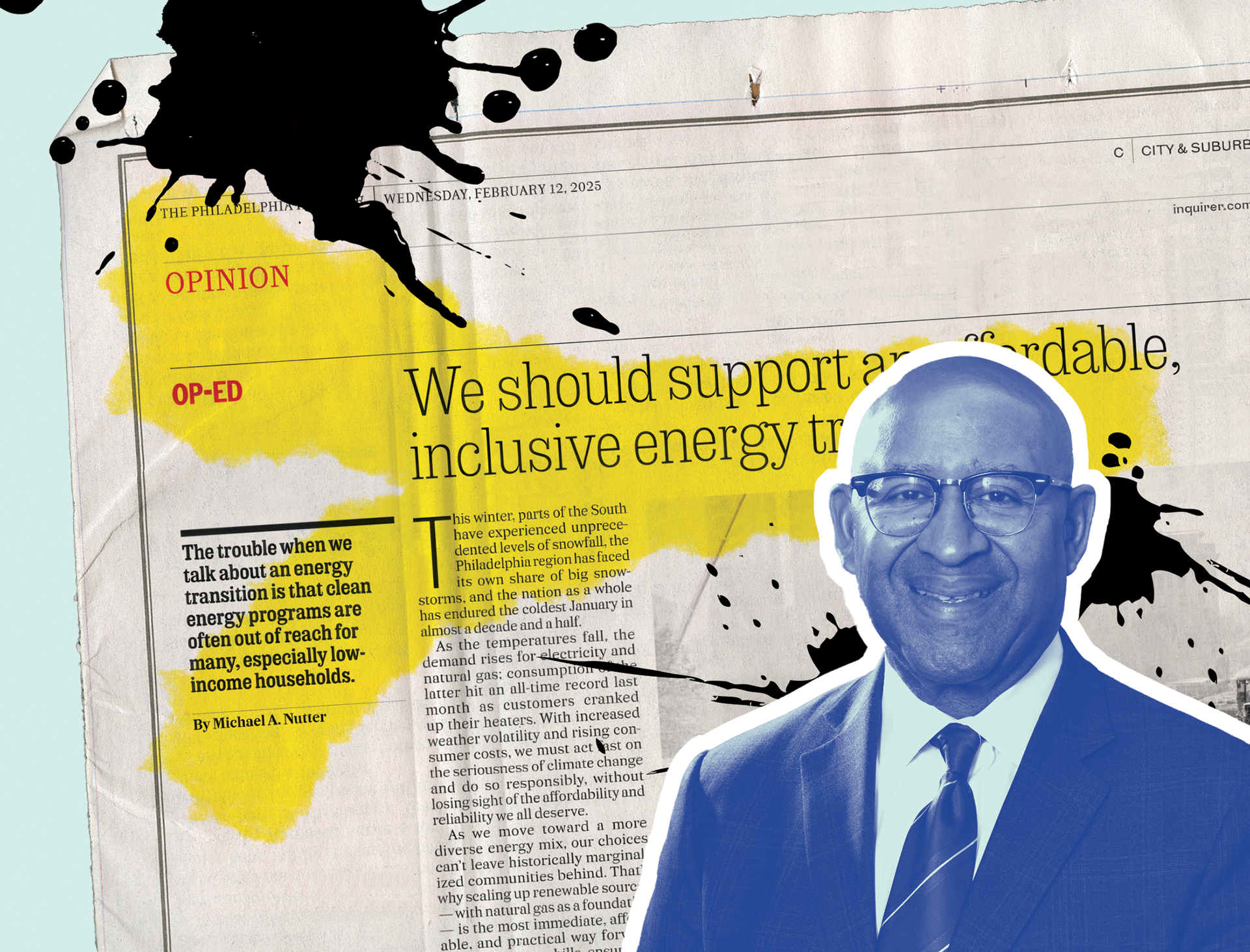
If the article read to some like a gas industry press release, that’s because, essentially, it is. Since 2023, Nutter has been a member of the leadership of Natural Allies for a Clean Energy Future, a group funded by fossil fuel companies like EQT Corporation and TC Energy as well as labor organizations such as Teamsters National Pipeline and Pipeliners Local Union 798. Since its founding in 2020, the organization has spent millions of dollars on advertising and public relations efforts designed to position natural gas as a climate solution.
Nutter’s op-ed was undoubtedly part of that strategy. But in initially describing the author of the piece, The Inquirer failed to mention Nutter’s affiliation with Natural Allies.
When we received this pitch, we specifically asked the mayor about any potential conflicts with this piece and he denied that there were any.”
— Richard Jones, opinion editor, The Philadelphia Inquirer
“When we received this pitch, we specifically asked the mayor about any potential conflicts with this piece and he denied that there were any,” Inquirer opinion editor Richard Jones tells Grid. “We also didn’t see the mayor’s connection to Natural Allies pop [up] on any of our usual pre-publication checks; we only learned about it after we were notified by a reader, and we immediately updated the post with information about his affiliation.”
Nutter’s natural allies affiliation caught The Inquirer by surprise. But it was old news for Alan Zibel of Public Citizen and Kenny Stancil of the Revolving Door Project, co-authors of an extensive 2024 report about Natural Allies. They extensively investigated Nutter and other Democratic politicians — including former Louisiana Senator Mary Landrieu, Florida Congressman Kendrick Meek and Ohio Congressman Tim Ryan — who’ve joined the ranks of Natural Allies. (Neither Nutter nor Natural Allies responded to requests to comment for this story.)
The arguments in Nutter’s op-ed are ones Zibel and Stancil had heard him make before. In April 2024, for instance, Nutter appeared at the annual convention of the National Action Network, a prominent civil rights organization founded by Al Sharpton. “We believe certainly that natural gas is a part of the clean energy solution,” he said on a panel at the event. “Everybody’s not putting a solar panel on their house. And I can’t put a windmill in my backyard. But I know when I get home tonight, the place is gonna be nice and toasty because [gas] is there all the time. It’s available, it’s reliable, it’s affordable and it’s going in the homes of over 500,000 people in our city.”
In September, Nutter brought a similar message to a panel conversation, “Powering Black Communities: Shaping Energy Policy for a Sustainable Future,” at a Congressional Black Caucus Foundation legislative conference. “It is important that our energy policy choices do not leave historically marginalized communities behind as we move toward a more diverse energy mix,” Nutter said on the panel. “That is why natural gas partnered with renewables is the most immediate, affordable and accessible way forward to keep energy bills lower and reduce carbon emissions.”
Appearances at events for Black Democrats are crucial to Natural Allies’ strategy. According to an internal strategy document Public Citizen obtained, the organization believes that “success for the natural gas industry will be rooted in whether … [they] can message to the left and the Democratic base of black and Latino and age 18 to 34 voters as effectively as … [they] have messaged to the right.” In other words, Stancil says, “they’re trying to drive a wedge between the environmental community and the civil rights community.”
The way Stancil sees it, Nutter, as a Black former mayor of a Democratic city with significant Black and Hispanic populations, is perfectly positioned to advance this goal: “Nutter and his fellow Natural Allies co-chair, Kendrick Meek, are leveraging their identities as Black men to argue that fracked gas will benefit Black communities.”
Those supposed benefits of natural gas, Stancil argues, don’t hold up. Expanding exports of liquefied natural gas, he says, would drive up prices, forcing Pennsylvania consumers to pay $16 billion more on gas bills. Leaks in the gas system pollute the air — disproportionately in low-income communities — and home gas appliances release hazardous chemicals. And when it comes to emissions, Stancil points out that there’s mounting evidence that liquefied natural gas is actually worse for the climate than coal.
“This group is designed to put a sunny, friendly face on a dirty, polluting fuel that harms the climate and consumers and communities,” says Zibel. “Their tactics are misleading and duplicitous.”
Those who remember Nutter’s tenure as mayor may not be entirely shocked to discover that he has become a fossil fuel lobbyist. Nutter famously tried to sell Philadelphia Gas Works (PGW), the city’s publicly-owned gas utility, to UIL Holdings Corporation, a private utility company in Connecticut, for nearly $2 billion. The push came at a time when gas companies were angling to turn the city into an “energy hub” by developing facilities for exporting liquefied natural gas derived from the fracking boom in the Marcellus Shale. Nutter’s effort ultimately failed in 2014, when City Council came out against the deal.
Sam Bernhardt, then the Pennsylvania director of Food & Water Watch, was one of many Philadelphians who pushed back against Nutter’s plan. Privatizing PGW would have forced consumers to pay more for energy, he says, and turning Philadelphia into a gas hub would have had disastrous consequences for human and environmental health.
Given this history, Bernhardt says he’s not surprised that Nutter has become a fossil fuel lobbyist since leaving office. And the fossil fuel industry’s keenness to partner with Nutter is no surprise either. “That is the frequent tactic of those looking to take advantage of communities that are already disadvantaged, which is to capture elected leaders by dangling cash in front of them,” Bernhardt says.
It’s not clear exactly how much Natural Allies is paying Nutter. But according to tax documents obtained by HEATED, fellow Natural Allies affiliates Landrieu and Heidi Heitkamp, both former senators, received $210,690 and $185,266, respectively, for their services in just one year. Natural Allies is not, it’s worth noting, Nutter’s only gig. Since leaving office, Nutter has, according to his website, taken on more than 40 paid and unpaid roles, including serving as a board member of PECO and as an advisor to Airbnb.
Nutter’s funders at Natural Allies also have diversified pursuits. While Natural Allies is, at least on paper, in support of an energy transition, its funders spend money elsewhere opposing decarbonization. The methane gas utility National Fuel Gas, for instance, spent ratepayer money to advocate against legislation including the NY HEAT Act, the “most watched climate policy” of New York’s 2024 legislative session, which is designed to stop the expansion of the gas system and promote electrification. The NY HEAT Act still isn’t law.
In his work on behalf of Natural Allies, Nutter does make one solid point: Renewable energy is often out of reach for Philadelphians. “Electrification and an energy transition requires a monetary investment that certainly not everyone in Philadelphia is in a position to make,” says Daniel Farmer, a campaign coordinator with Physicians for Social Responsibility Pennsylvania (PSR PA).
But Farmer maintains that Nutter comes to exactly the wrong conclusion about how to address that inequity. Instead of doubling down on an unsustainable energy source, he says, we should be investing more in programs — “programs like Solar for All and even larger programs on the national scale like the Inflation Reduction Act” — that increase access to renewable energy.
Farmer grew up in West Philadelphia, where he still resides. He believes that some of his neighbors might remember Nutter’s time as mayor fondly and be inclined to hear him out on the merits of natural gas. As an environmental organizer, he finds that worrying, because, more than many, he has seen the detrimental impacts of natural gas. Soon after he started his job at PSR PA, he took a tour of communities in Southwestern Pennsylvania that are located near fracking infrastructure. In speaking with residents and doctors, he learned about the calamitous health effects that many are experiencing there.
“For anyone who still thinks that oil and gas is the way to go, I would encourage them to go out to those communities and see whether they think those asthma rates are worth it, that those cancer rates are worth it,” he says. “I would encourage even former Mayor Nutter to go out to some of these communities and see what he thinks we should be investing in exactly.”


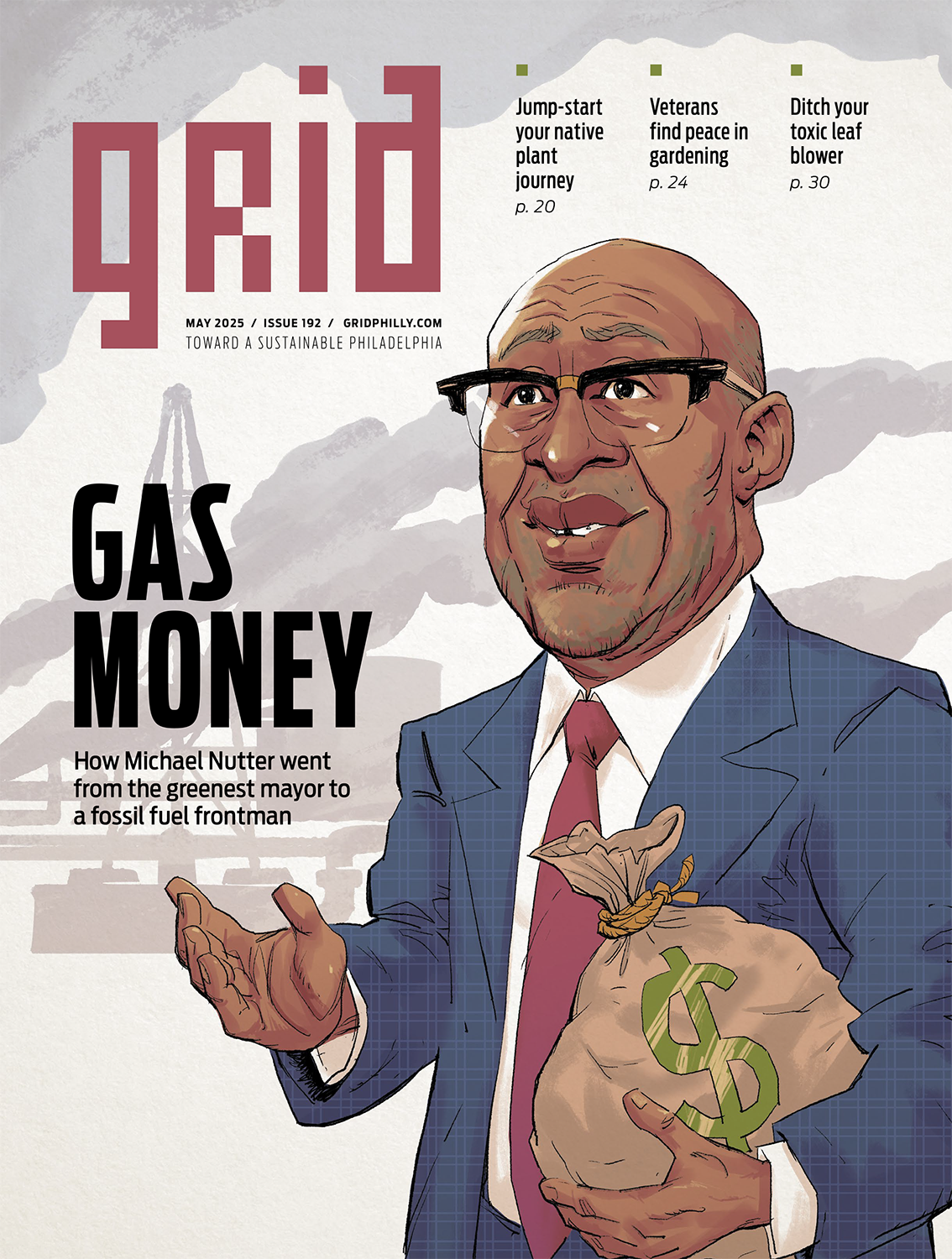
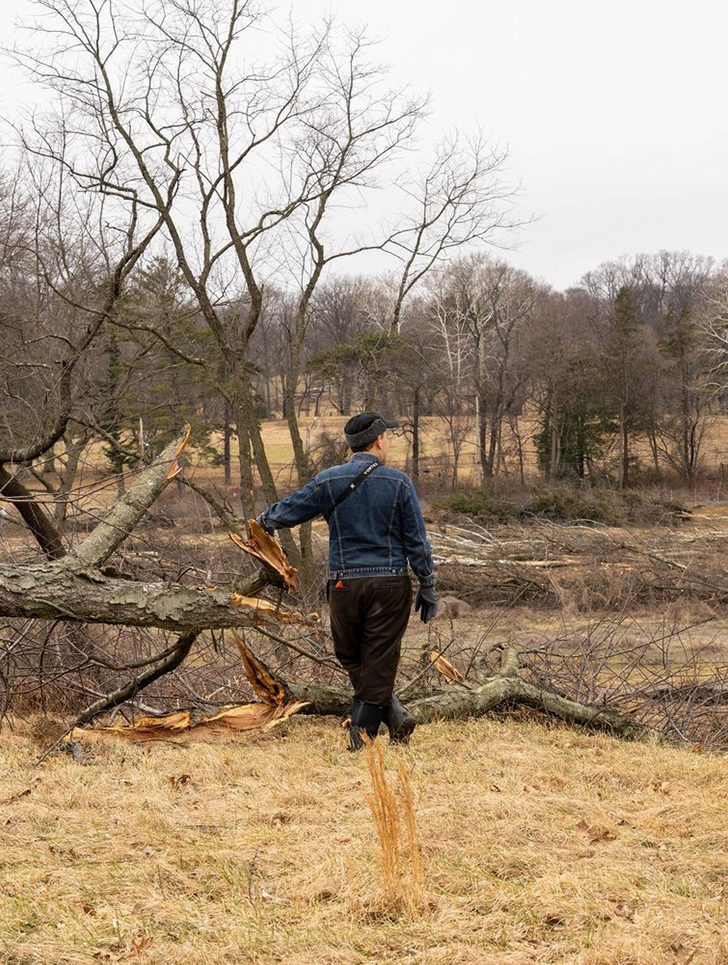


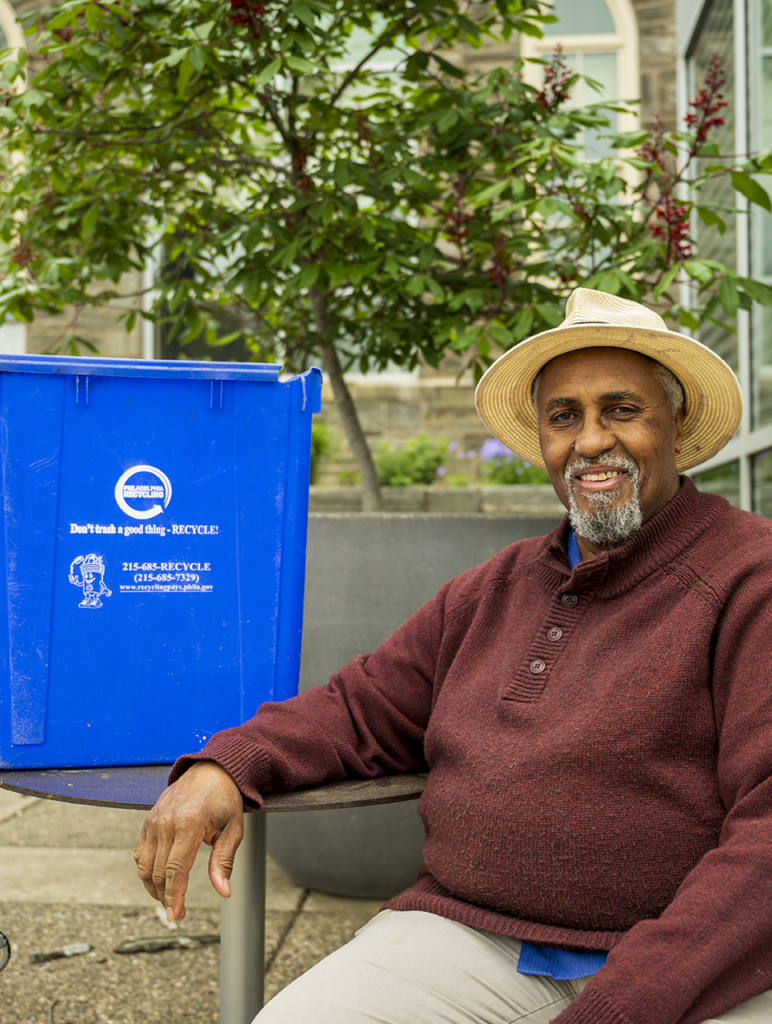


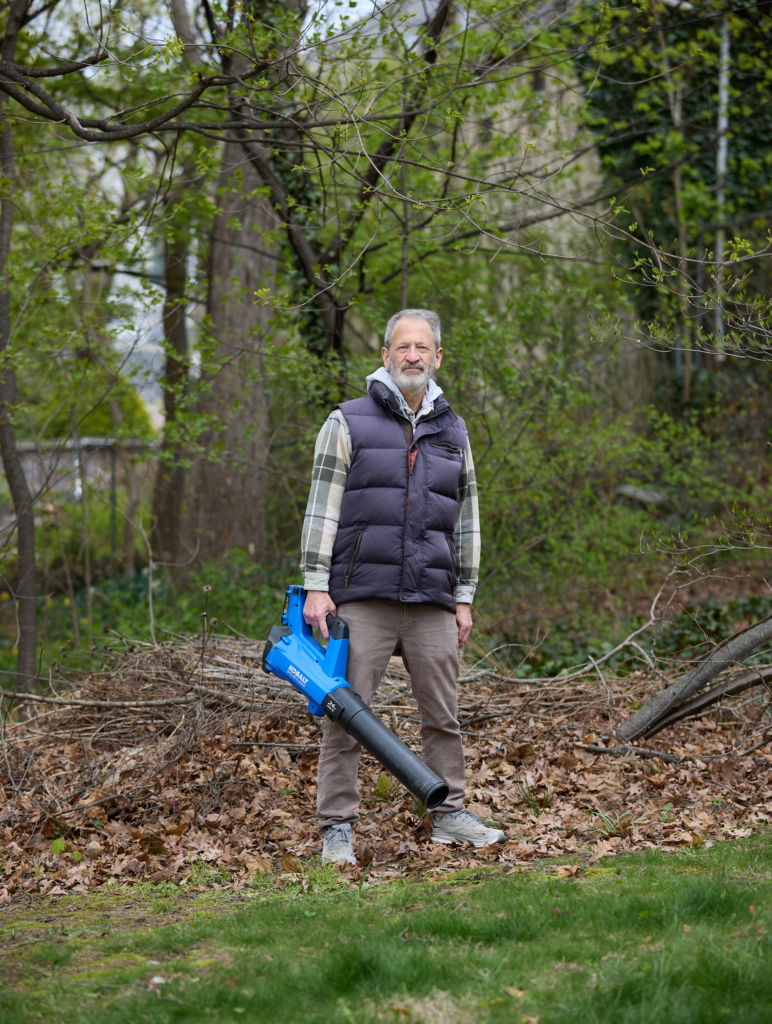
When he was Mayor he twice vetoed the paid earned sick days bill. He was endorsed by the Chamber of Commerce. He was always a shill for the one percent. He was/is the new Rendell.